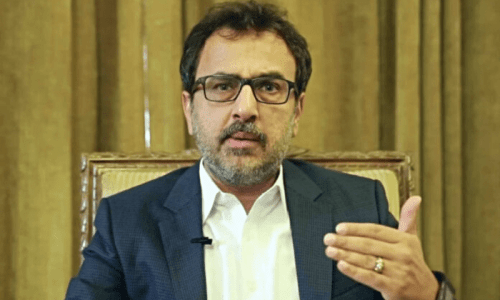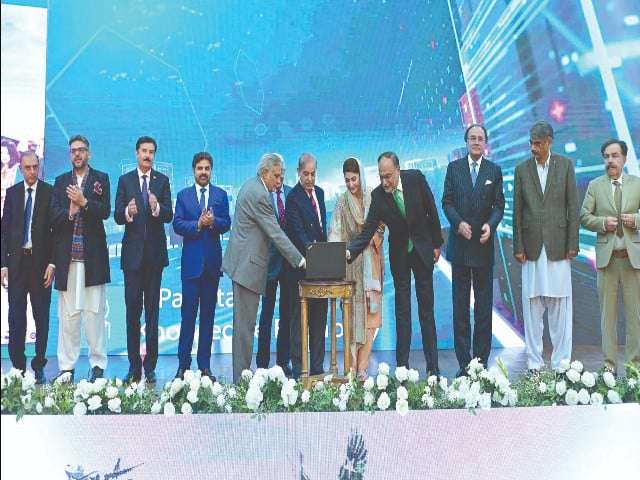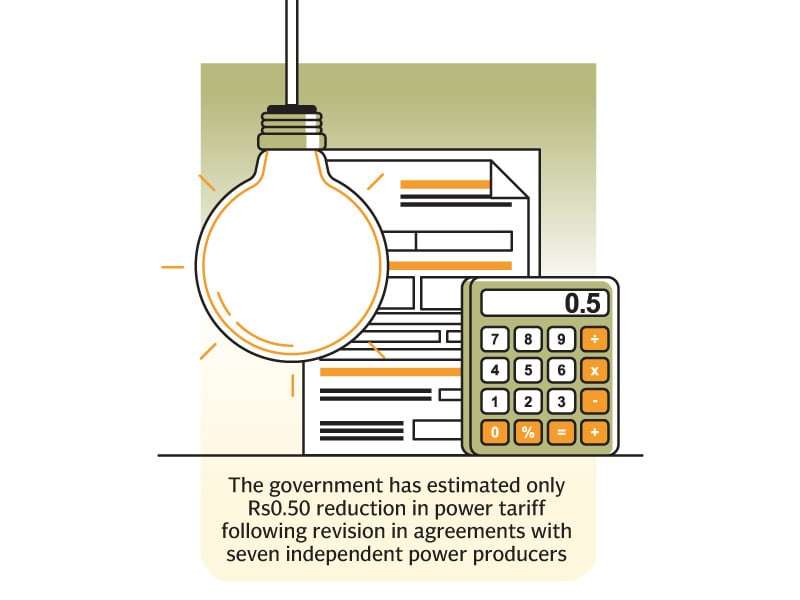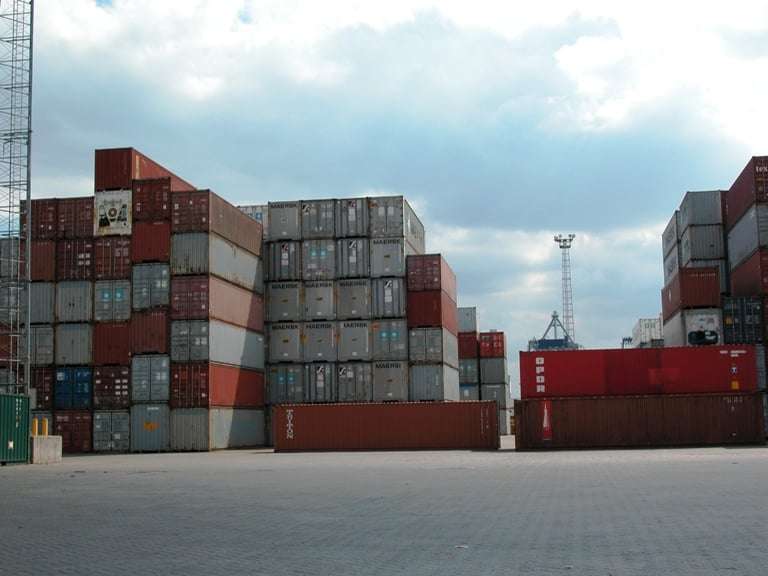ISLAMABAD: On Friday, Power Minister Awais Ahmad Khan Leghari acknowledged that the base electricity tariff remains unchanged. He explained that the Rs1.90 per unit negative quarterly adjustment is subject to fluctuations influenced by interest and exchange rate movements. Additionally, the Rs1.71 per unit relief, linked to an increased petroleum levy, is expected to continue into the next fiscal year.
Adjustments and Their Implications
During a public hearing by the National Electric Power Regulatory Authority (Nepra), officials detailed that the Rs1.71 per unit reduction, stemming from a Rs10 per liter hike in petroleum levy, will be effective from April to June. An additional Rs1.90 per unit negative quarterly tariff adjustment for the second quarter of FY25 will also apply during this period.
Furthermore, a negative monthly fuel adjustment of Rs1.36 per unit has been introduced. Of this, 46 paise per unit will be applicable for April, while the remaining 90 paise will extend from April to June, culminating in a total relief of Rs4.97 per unit. An anticipated further reduction of Re1 per unit for the third quarter could bring the cumulative decrease to Rs5.98 per unit. Including a lower sales tax impact of approximately Rs1.42 per unit, the total announced relief reaches Rs7.41 per unit. Minister Leghari emphasized that sustaining these reductions hinges on the prompt implementation of reforms.
Factors Influencing Tariff Adjustments
Minister Leghari highlighted that quarterly tariff adjustments are susceptible to changes in exchange and interest rates. He assured that the Rs10 per liter increase in petroleum levy is intended to remain in place into the next fiscal year to ensure a lasting impact on power tariffs. He noted that a Re1 fluctuation in the exchange rate against the dollar affects approximately Rs8-10 billion, and a 1% change in interest rates impacts the tariff by around Rs6 billion.
Reforms and Future Outlook
The minister underscored ongoing discussions with independent power producers (IPPs), particularly those established under the China-Pakistan Economic Corridor (CPEC). These talks focus on debt restructuring and transitioning imported coal-based plants to local coal. Any benefits derived from these negotiations are intended to be passed on to consumers in the future.
Minister Leghari also mentioned that international partners, including the International Monetary Fund (IMF), have been engaged in extensive consultations regarding power sector reforms. These discussions have bolstered confidence in the sector’s sustainability and the potential for downward price trends over the next 3-4 years.
FAQs
- What is the current status of the base electricity tariff?
- As of now, there has been no reduction in the base electricity tariff.
- How will the Rs1.90 per unit negative quarterly adjustment affect consumers?
- This adjustment is influenced by interest and exchange rate fluctuations and may vary accordingly.
- Is the Rs1.71 per unit relief from the petroleum levy permanent?
- This relief is expected to continue into the next fiscal year but is subject to periodic review.
- What factors could influence future electricity tariffs?
- Exchange rate movements, interest rate changes, and outcomes of negotiations with IPPs can all impact future tariffs.
- Are there any plans to transition power plants to local coal?
- Yes, discussions are underway to convert imported coal-based plants to local coal to potentially benefit consumers.



